
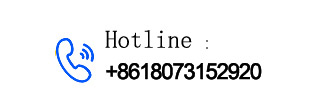
— Blogs —
—Products—
 Consumer hotline +8618073152920
Consumer hotline +8618073152920 WhatsApp:+8615367865107
Address:Room 102, District D, Houhu Industrial Park, Yuelu District, Changsha City, Hunan Province, China
Product knowledge
Time:2025-09-10 17:06:03 Popularity:635
Dust accumulation is one of the leading causes of reduced solar panel efficiency. Over time, dust, dirt, and debris build up on solar panels, blocking sunlight and decreasing energy output. To combat this issue, Dust IQ sensors have been developed to monitor dust levels in real time. These sensors help solar power operators optimize cleaning schedules and ensure maximum energy generation by accurately assessing the soiling impact on solar panels.
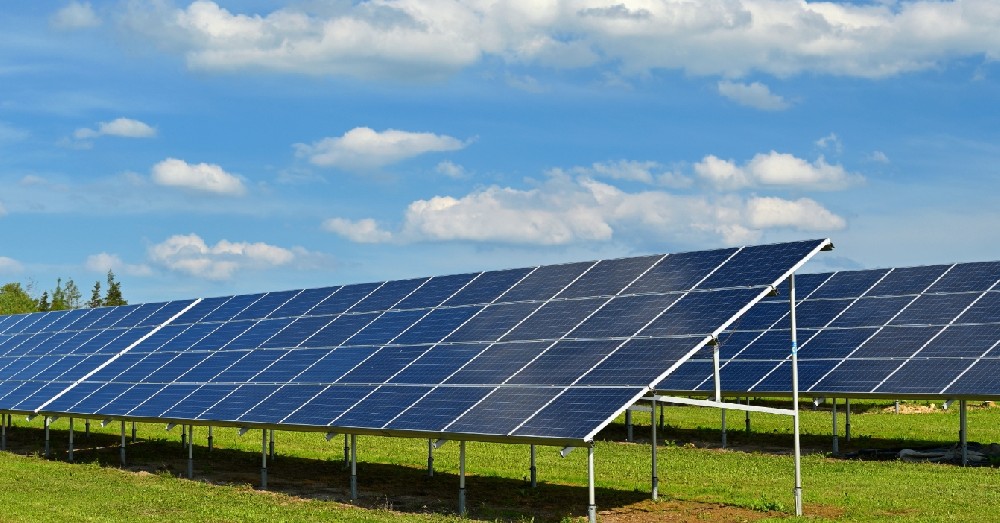
Dust IQ sensors utilize advanced optical measurement technology. The sensor projects light onto a reference surface and measures changes in reflectance or transmittance caused by dust particles. By detecting these variations, the sensor quantifies the amount of dust accumulated on the surface.
The soiling level on the Dust IQ sensor is directly correlated with the dust accumulation on solar panels. The sensor’s output can predict the efficiency loss caused by dust, providing actionable data for cleaning and maintenance strategies.
Dust IQ sensors output data in the form of a “soiling ratio” or “efficiency loss percentage.” This data can be integrated into solar monitoring systems, helping operators track dust-related performance degradation and make informed decisions on panel maintenance.

Dust IQ sensors have diverse applications, making them indispensable tools for the solar energy industry. Key applications include:
- Utility-Scale Solar Farms: In large solar farms, dust accumulation can be significant, especially in dry or semi-arid regions. Dust IQ sensors help in optimizing cleaning schedules and maintaining panel efficiency.
- Rooftop Solar Installations: Residential or commercial rooftop solar panels are also prone to dust accumulation. By using Dust IQ sensors, owners can reduce cleaning costs while maintaining system performance.
- Desert or Dusty Environments: In areas with high levels of dust or sand, such as deserts, these sensors are particularly beneficial in managing energy output efficiently.
- Solar Efficiency Research: Researchers studying the impact of dust on photovoltaic (PV) efficiency can utilize Dust IQ sensors for data collection and analysis.
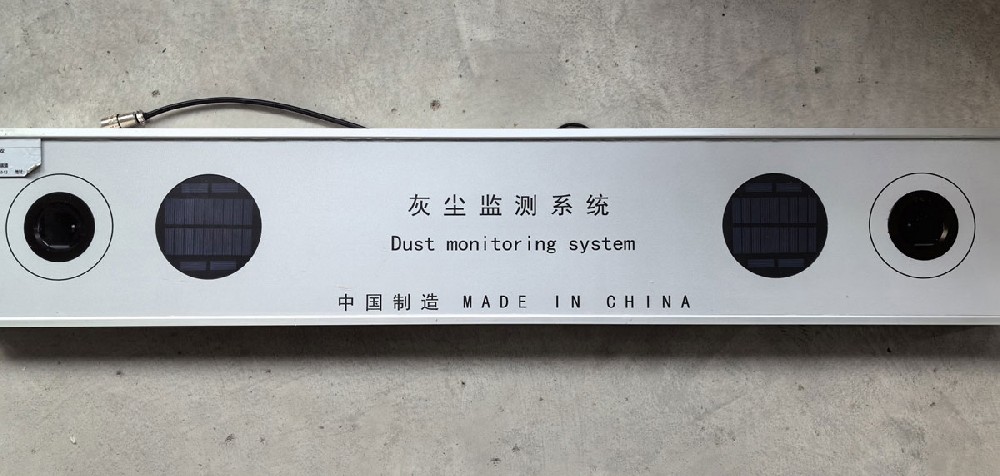
1. Real-time Monitoring: Provides continuous, real-time monitoring of dust levels, ensuring immediate action can be taken to clean panels when necessary.
2. Cost Reduction: By optimizing cleaning schedules, Dust IQ sensors help reduce unnecessary cleaning, thereby lowering maintenance costs.
3. Improved Efficiency: Accurate dust monitoring helps maintain the energy generation efficiency of solar panels, extending their lifespan and maximizing return on investment (ROI).
4. Data-Driven Decisions: Operators can make informed, data-driven decisions to improve performance based on sensor data.
1. Calibration Needs: Dust IQ sensors require calibration based on local dust types and environmental conditions to ensure accurate readings.
2. Periodic Cleaning of Sensors: To maintain accuracy, Dust IQ sensors themselves must be cleaned periodically to prevent false readings caused by dirt accumulation on the sensor.
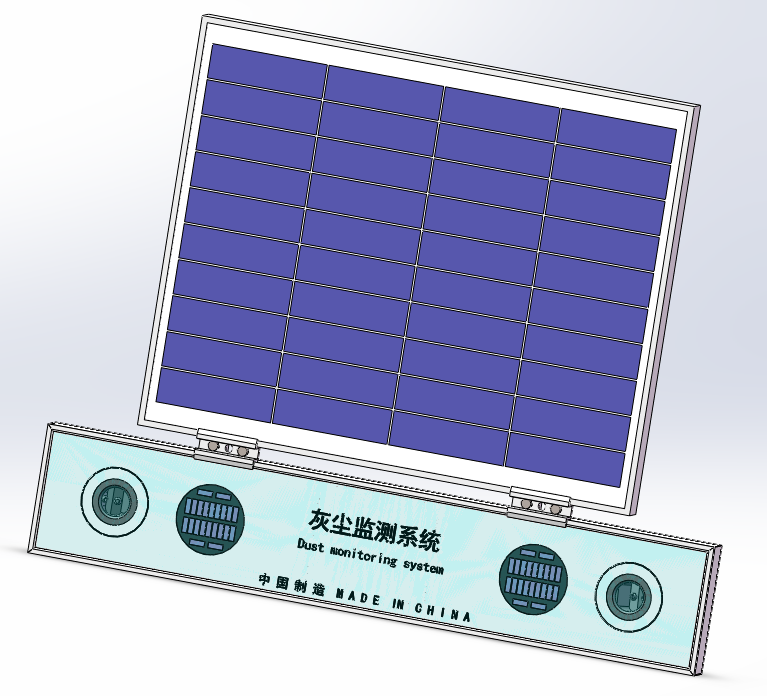
- Proper Installation: Install Dust IQ sensors near representative solar panels to ensure accurate readings that reflect the actual dust impact on the panels.
- Integration with SCADA/IoT Systems: For automated alerts and efficient data management, connect sensors to Supervisory Control and Data Acquisition (SCADA) or Internet of Things (IoT) platforms.
- Validation of Data: Compare Dust IQ sensor data with actual energy output to validate its accuracy and assess the effectiveness of cleaning interventions.

Dust IQ sensors are an essential tool for solar power asset management. By offering real-time dust monitoring, these sensors enable solar operators to optimize cleaning schedules, reduce unnecessary maintenance costs, and enhance the overall efficiency of solar panels. Their integration into solar monitoring systems helps in making data-driven decisions to maximize the return on investment and ensure long-term sustainability for solar energy systems.
NBL-W-PSS Soiling Sensor Photovoltaic Dust Monitoring Instrument Data Sheet.pdf
Related recommendations
Sensors & Weather Stations Catalog
Agriculture Sensors and Weather Stations Catalog-NiuBoL.pdf
Weather Stations Catalog-NiuBoL.pdf
Related products
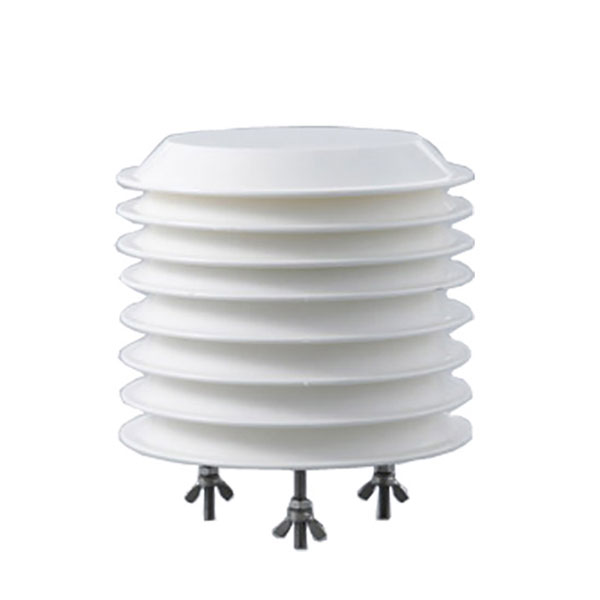 Combined air temperature and relative humidity sensor
Combined air temperature and relative humidity sensor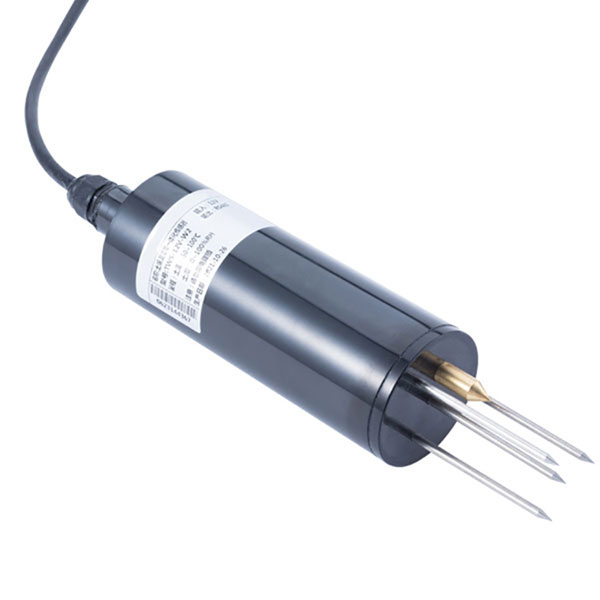 Soil Moisture Temperature sensor for irrigation
Soil Moisture Temperature sensor for irrigation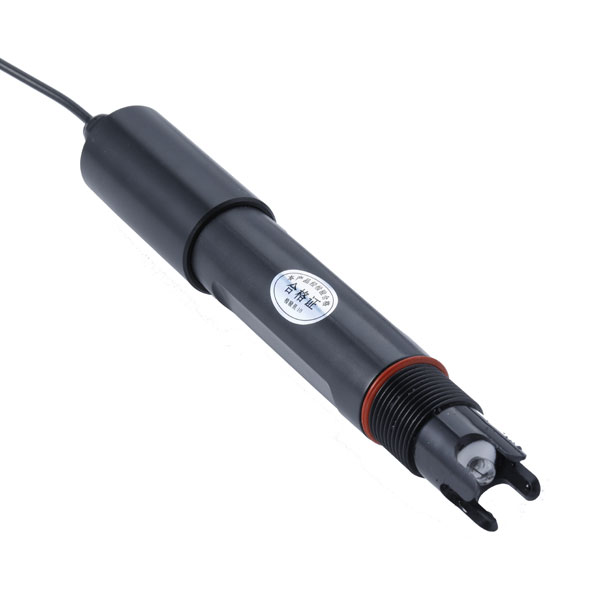 Soil pH sensor RS485 soil Testing instrument soil ph meter for agriculture
Soil pH sensor RS485 soil Testing instrument soil ph meter for agriculture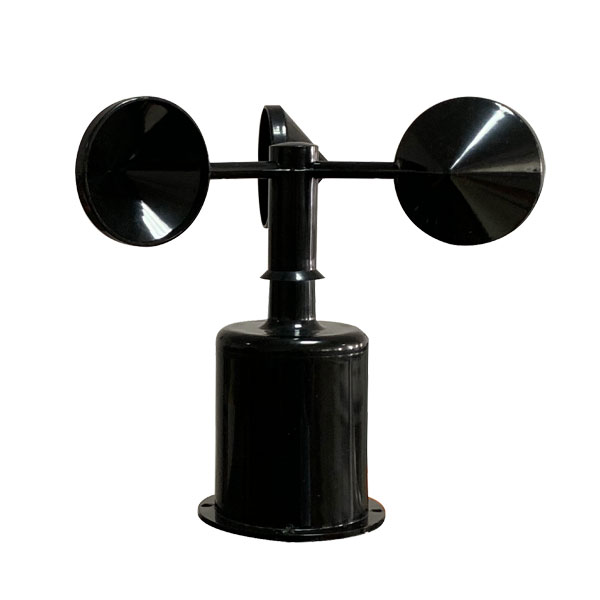 Wind Speed sensor Output Modbus/RS485/Analog/0-5V/4-20mA
Wind Speed sensor Output Modbus/RS485/Analog/0-5V/4-20mA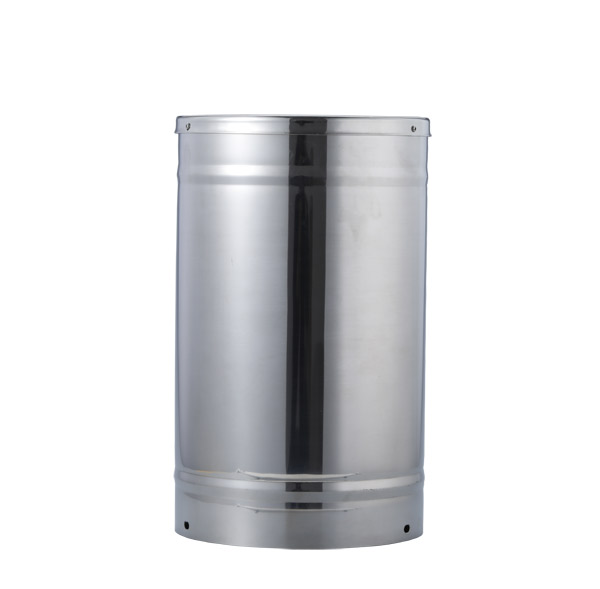 Tipping bucket rain gauge for weather monitoring auto rainfall sensor RS485/Outdoor/stainless steel
Tipping bucket rain gauge for weather monitoring auto rainfall sensor RS485/Outdoor/stainless steel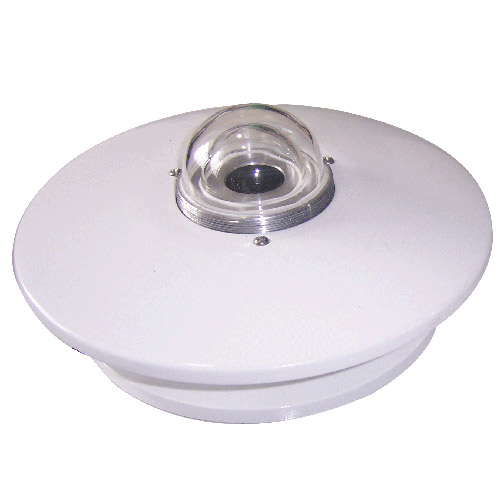 Pyranometer Solar Radiation Sensor 4-20mA/RS485
Pyranometer Solar Radiation Sensor 4-20mA/RS485
Screenshot, WhatsApp to identify the QR code
WhatsApp number:+8615367865107
(Click on WhatsApp to copy and add friends)
